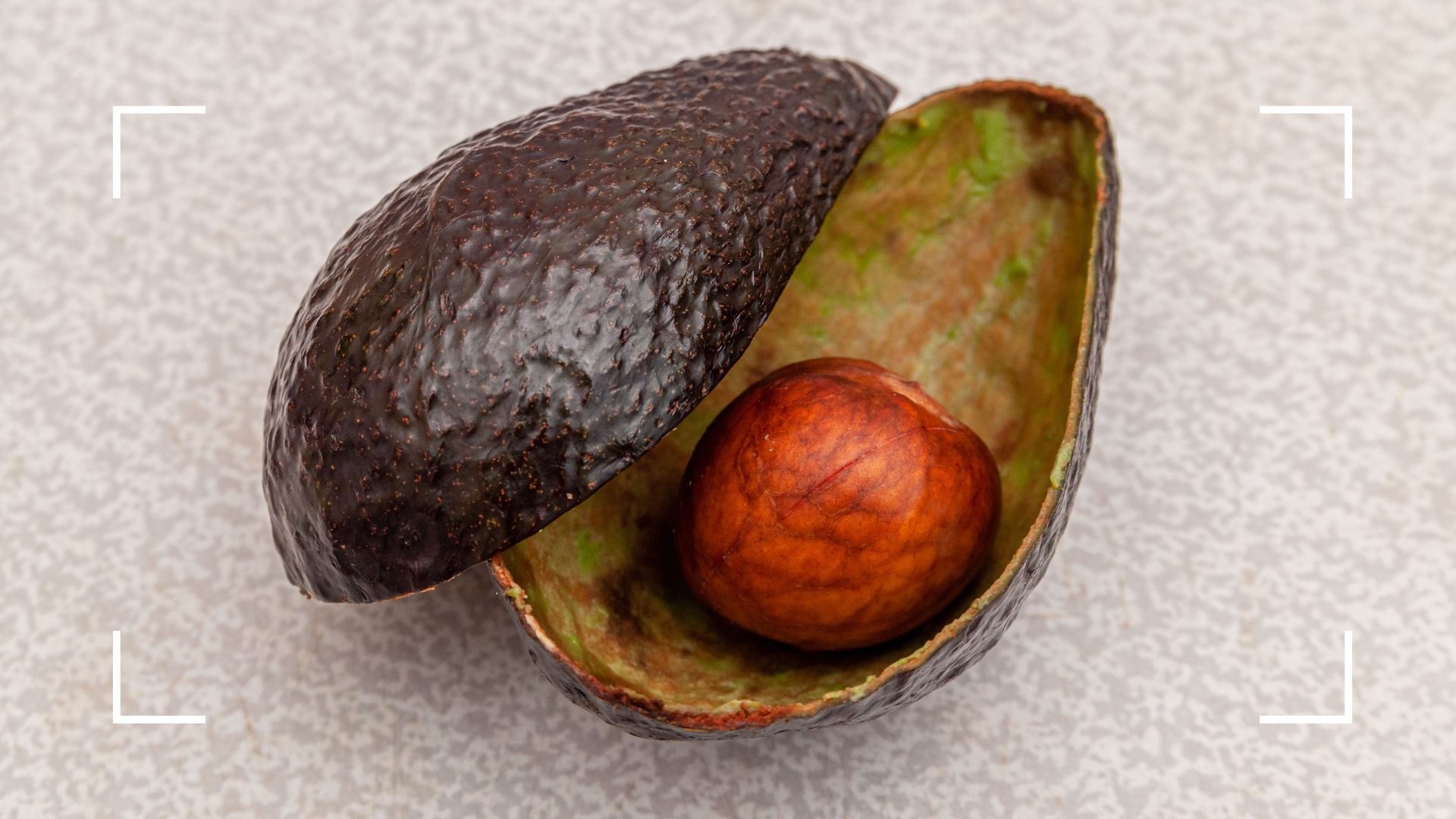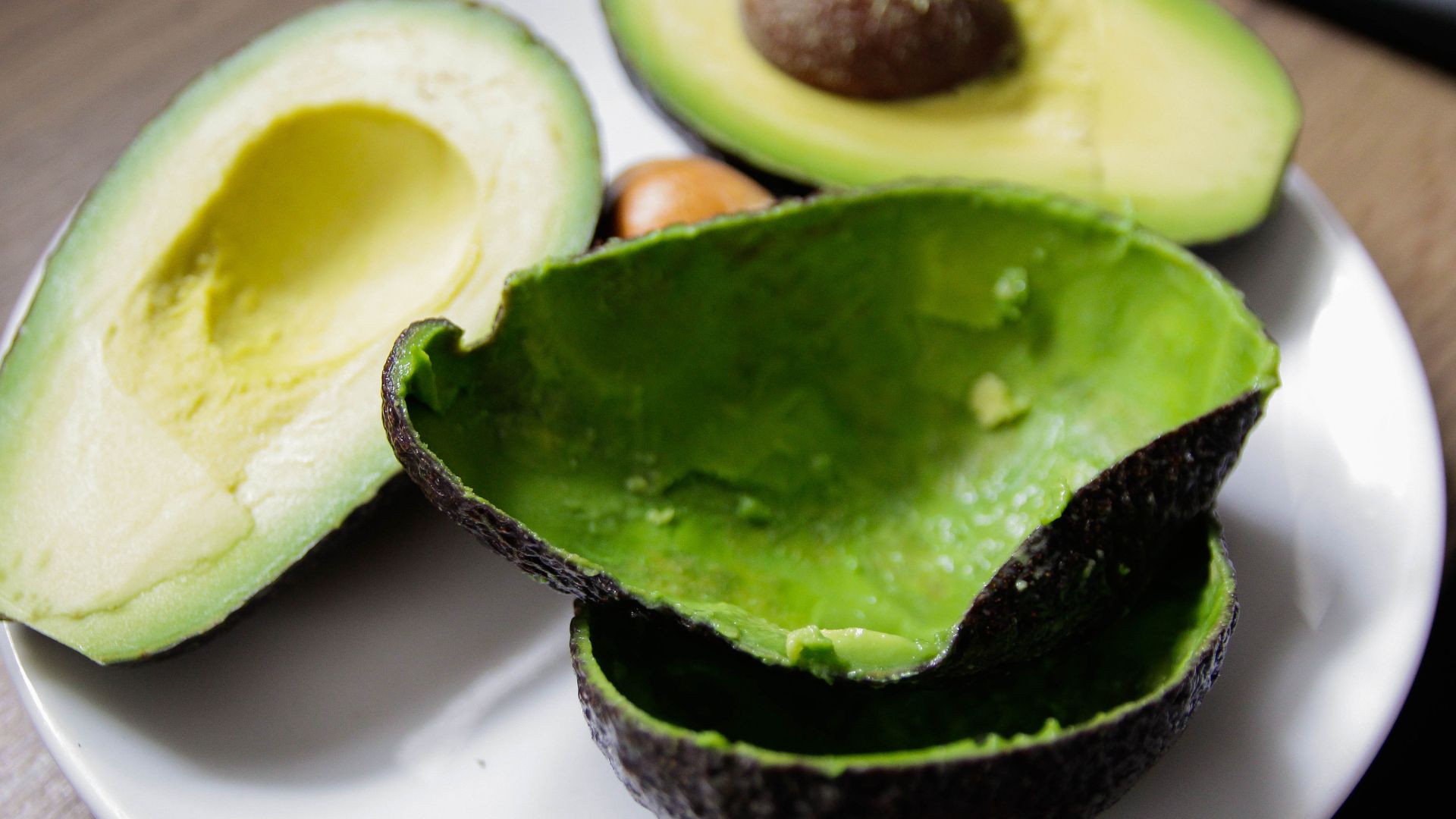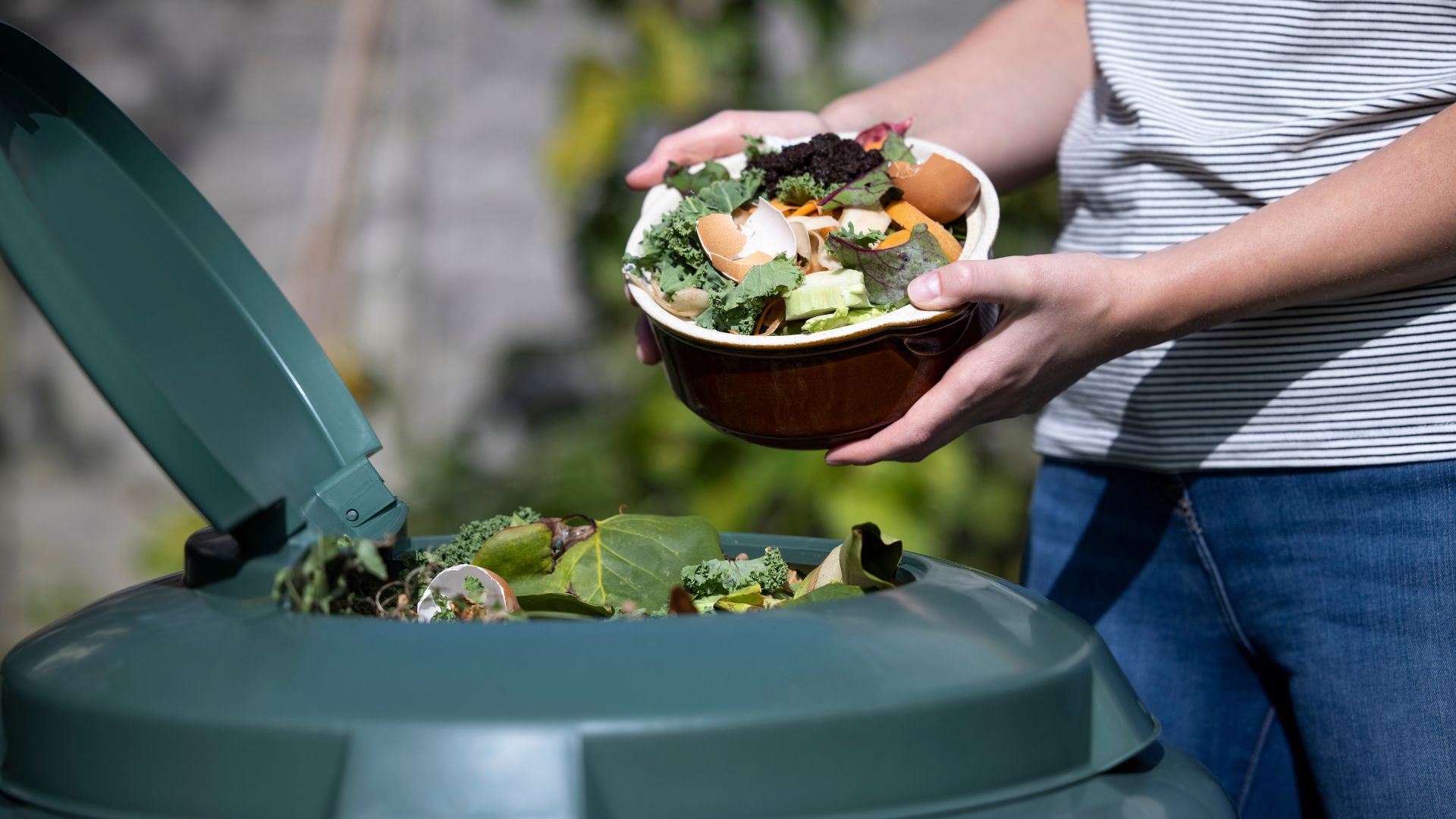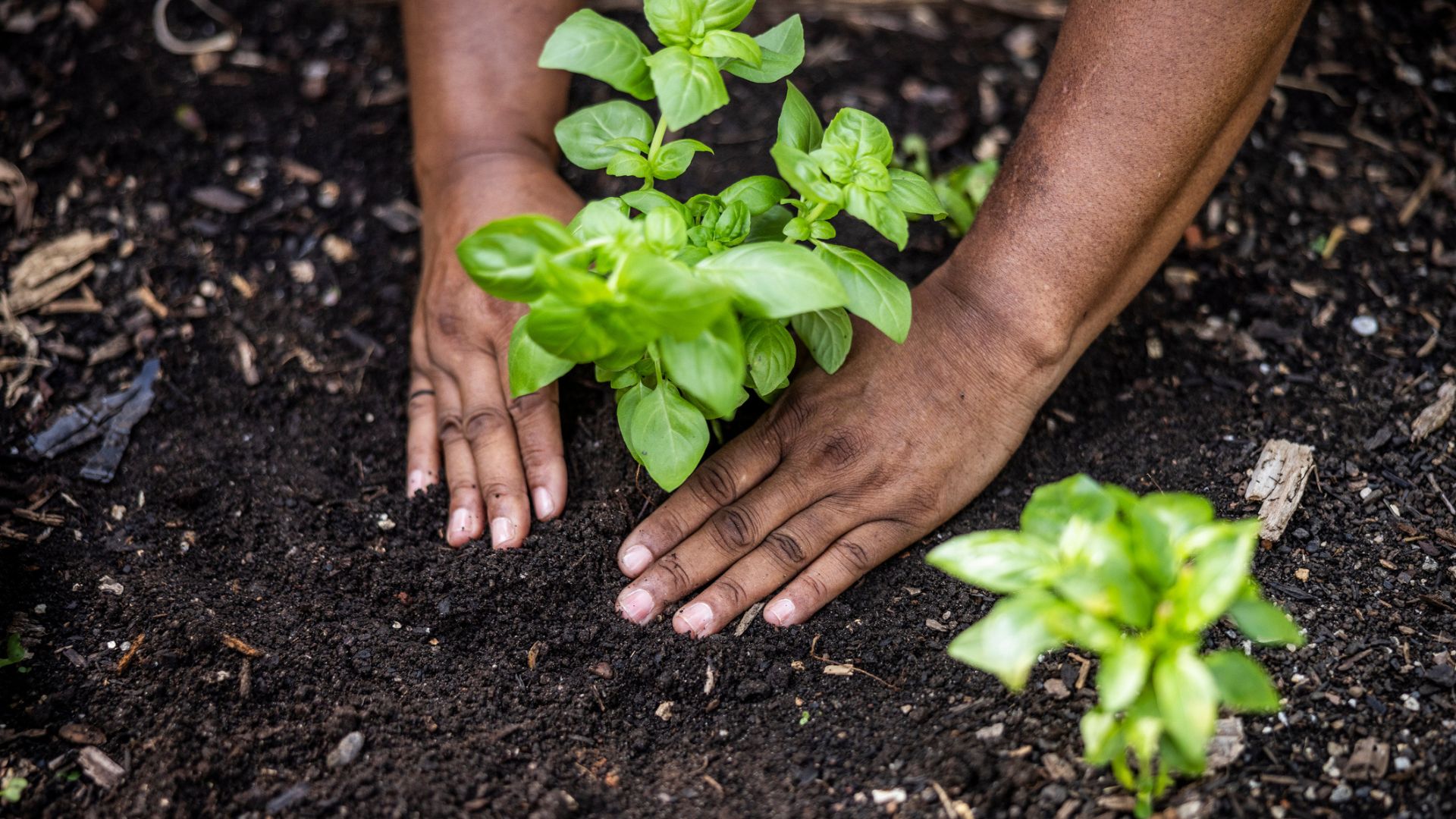
Wondering how to level up your eco-gardening? Well, avocado skins and stones are the latest in a long line of food waste you can use to nurture your garden and give it a new lease of life.
When it comes to garden trends, there's nothing quite like finding new inventive ways to save money on transforming your garden while also helping the environment. If you're looking for new sustainable garden ideas then look no further than your food waste and eating habits.
Gardening experts have shared three innovative ways you can take your avocado skin and stones to put them to use in your garden, very similar to how you can use banana peels in your garden. Your plants are going to thank you for this one.
How to use avocados in your garden: 3 ways to benefit from skin and stone
Knowing how to care for your plants can be rather difficult, with all their different care instructions and preferences it can seem impossible to keep track. This is why it makes it all that easier when you can find a cheap way to provide them with nutrients no matter the species.
Similarly to using orange peel in your garden, repurposing avocado skin and stones is a neat trick to deliver added nutrients to your plants and soil for free.
1. Seedling starters

Looking to start planting your spring seedlings to be surrounded by alluring plants to liven up your garden by the time summer arrives? There's no need to buy any planters as scooped-out avocado skins are the perfect eco-friendly compostable seedling starter.
"Avocado skin is the perfect shape to fill with compost and plant some flower or vegetable seeds. They provide enough room for roots to grow and protect the seedlings from drying out due to their ability to retain moisture," says Fiona Jenkins, a gardening expert from MyJobQuote.
You can put the avocado planters on your kitchen windowsill and watch the seedlings grow out of the biodegradable pots, then simply plant the seedlings into a raised bed and you have yourself a nurtured plant.
2. Skins can be made into organic compost

Just as how you can use tea bags in your garden, avocado skin and stones make a great addition to the compost pile. They do however have to be prepared slightly differently with the stones being a much denser hard make-up.
Fiona explains that the peel from your avocados is full of nutrients which are beneficial to your soil. She says, "Nitrogen is vital for plant growth including promoting healthy roots, foliage and plant vitality. Avocado skins should be chopped up before putting them on your soil as they take a while to break down naturally."
Whilst you can try to grow another avocado plant with your leftover stone, Fiona warns that due to the UK climate, the chances of the plant producing any fruit are slim but it will create an attractive houseplant.
3. Stone soil enhancer

Unlike how you can use coffee grounds in your garden quite easily and with little preparation, avocado stones will require some more help to work.
"Avocado stones contain nutrients such as calcium and magnesium, and also have high levels of potassium which are beneficial to your plants and soil," explains Craig Morely, a gardening expert from Budget Seeds.
"Soak the stones in water first so they are soft, and then cut them into pieces. These pieces can then be placed into a pestle and mortar or food processor to reduce them, and these smaller pieces can be sprinkled directly onto plants."
FQA
What plants in particular like avocado stones and skin?
Whether you are tending to a blossoming vegetable patch or looking for extra nutrients to complete your rewilding trend-inspired garden, be mindful that certain plants love avocados more than others.
Craig explains how avocado skins are particularly beneficial to plants that love nitrogen, such as leafy greens like kale, lettuce, spinach or rhubarb.
Whereas avocado stones will be loved by plants that need more potassium, he says, "This usually tends to be fruit crops like tomatoes and strawberries as well as legumes such as beans. Potassium helps these plants with water balance and root development, as well as the transportation of sugars and proteins."
If you're unsure if your plants will react well to the avocado nutrients, then the best way to equally distribute the wealth would be to compost the fruit and use the soil as a fertiliser throughout your garden.
Can you put avocado stones/skin directly in your garden or do they need prepping first?
Unfortunately, the preparation for using avocado stones and skins is not quite as easy as the ways you can use eggshells in your garden beds and pots. Due to the toughness of avocado skin and the obvious hard exterior of the stone, you'll need to complete a few steps before adding anything to your garden or compost bin.
"The skin of avocados is quite tough and will take a long time to break down if you put them straight onto your soil or compost heap. Avocado stones also decompose very slowly. It’s therefore advisable to cut up avocado skins and grind up the pits before adding them to compost," explains Fiona.
She also suggests grating avocado stones, this way you can sprinkle the shaving around plants that have been mulched to give them a nitrogen boost. Just because not to overdo this as some plants can be sensitive to such nutrients and it can cause more harm than good.
Using discarded avocado skin and stones is an extremely simple, foolproof way of adding a boost of nutrients to your plants and their soil. The only real mistake you could make is adding a stone whole to the ground, Fiona warns this may cause nitrogen toxicity which will cause an imbalance in potassium and affect your plant's growth.
Just be sure to grate or compost the stones and you're plants will be thriving in no time.







